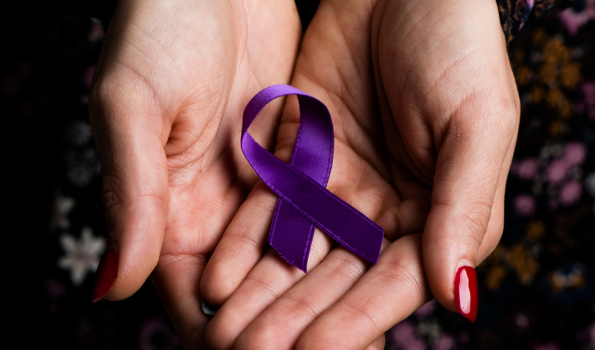
Research has consistently documented that victimization by an intimate partner significantly increases a person’s risk for suicide and that there are higher rates of suicidality among people who experience IPV. Similarly, both clinical and population-based studies have found higher rates of IPV among people who experience psychiatric disabilities. At the same time, experiencing any type of psychiatric condition creates unique risks for survivors of IPV, risks that are important to factor into prevention, crisis intervention, and treatment services.
By participating in this session, attendees will be able to:
Ca role Warshaw, MD, is the Director of the National Center on Domestic Violence, Trauma & Mental Health. Dr. Warshaw has been at the forefront of developing collaborative models and building system capacity to address the mental health, substance use and advocacy concerns of survivors of DV and other trauma, and to create accessible, culturally responsive, domestic violence- and trauma-informed services and organizations. She has written and spoken extensively on these topics both nationally and internationally and has served as an advisor to numerous health, mental health and advocacy organizations and federal agencies, including the U.S. Department of Human Services, Substance Abuse and Mental Health Services Administration (SAMHSA) and the Office of the Assistant Secretary for Planning and Evaluation (ASPE). She also served on the National Research Council Committee on the Assessment of Family Violence Interventions. Dr. Warshaw has maintained a private practice in psychiatry since 1989 and is a faculty member in the Department of Psychiatry at the University of Illinois.
role Warshaw, MD, is the Director of the National Center on Domestic Violence, Trauma & Mental Health. Dr. Warshaw has been at the forefront of developing collaborative models and building system capacity to address the mental health, substance use and advocacy concerns of survivors of DV and other trauma, and to create accessible, culturally responsive, domestic violence- and trauma-informed services and organizations. She has written and spoken extensively on these topics both nationally and internationally and has served as an advisor to numerous health, mental health and advocacy organizations and federal agencies, including the U.S. Department of Human Services, Substance Abuse and Mental Health Services Administration (SAMHSA) and the Office of the Assistant Secretary for Planning and Evaluation (ASPE). She also served on the National Research Council Committee on the Assessment of Family Violence Interventions. Dr. Warshaw has maintained a private practice in psychiatry since 1989 and is a faculty member in the Department of Psychiatry at the University of Illinois.
 Gabriela Zapata-Alma, LCSW, CADC, is the Director of Policy and Practice on Domestic Violence and Substance Use at the National Center on Domestic Violence, Trauma & Mental Health, as well as faculty at The University of Chicago, where they coordinate the Advanced Alcohol and Other Drug Counselor certification program at the School of Social Service Administration. Gabriela brings over 15 years of experience supporting people impacted by violence, mental health conditions, substance use disorders, trauma, housing instability, and HIV/AIDS; providing counseling, training, advocacy, and policy consultation; and leading programs using trauma-informed approaches, Motivational Interviewing, harm reduction, gender-responsive care, Housing First, and third-wave behavioral interventions. Gabriela has been recognized with numerous awards, including Health & Medicine Policy Research Group’s 2018 Health Award, and the 2017 Rising Star Award from the Illinois chapter of the National Association for Addiction Professionals (NAADAC).
Gabriela Zapata-Alma, LCSW, CADC, is the Director of Policy and Practice on Domestic Violence and Substance Use at the National Center on Domestic Violence, Trauma & Mental Health, as well as faculty at The University of Chicago, where they coordinate the Advanced Alcohol and Other Drug Counselor certification program at the School of Social Service Administration. Gabriela brings over 15 years of experience supporting people impacted by violence, mental health conditions, substance use disorders, trauma, housing instability, and HIV/AIDS; providing counseling, training, advocacy, and policy consultation; and leading programs using trauma-informed approaches, Motivational Interviewing, harm reduction, gender-responsive care, Housing First, and third-wave behavioral interventions. Gabriela has been recognized with numerous awards, including Health & Medicine Policy Research Group’s 2018 Health Award, and the 2017 Rising Star Award from the Illinois chapter of the National Association for Addiction Professionals (NAADAC).

Note: This is the final session of the Working at the Intersection of Intimate Partner Violence and Mental Health Series, an online series brought to you by the MHTTC Network and the National Center for Domestic Violence, Trauma, and Mental Health. For more information on the series and to access recordings and resources from previous sessions, please click here.